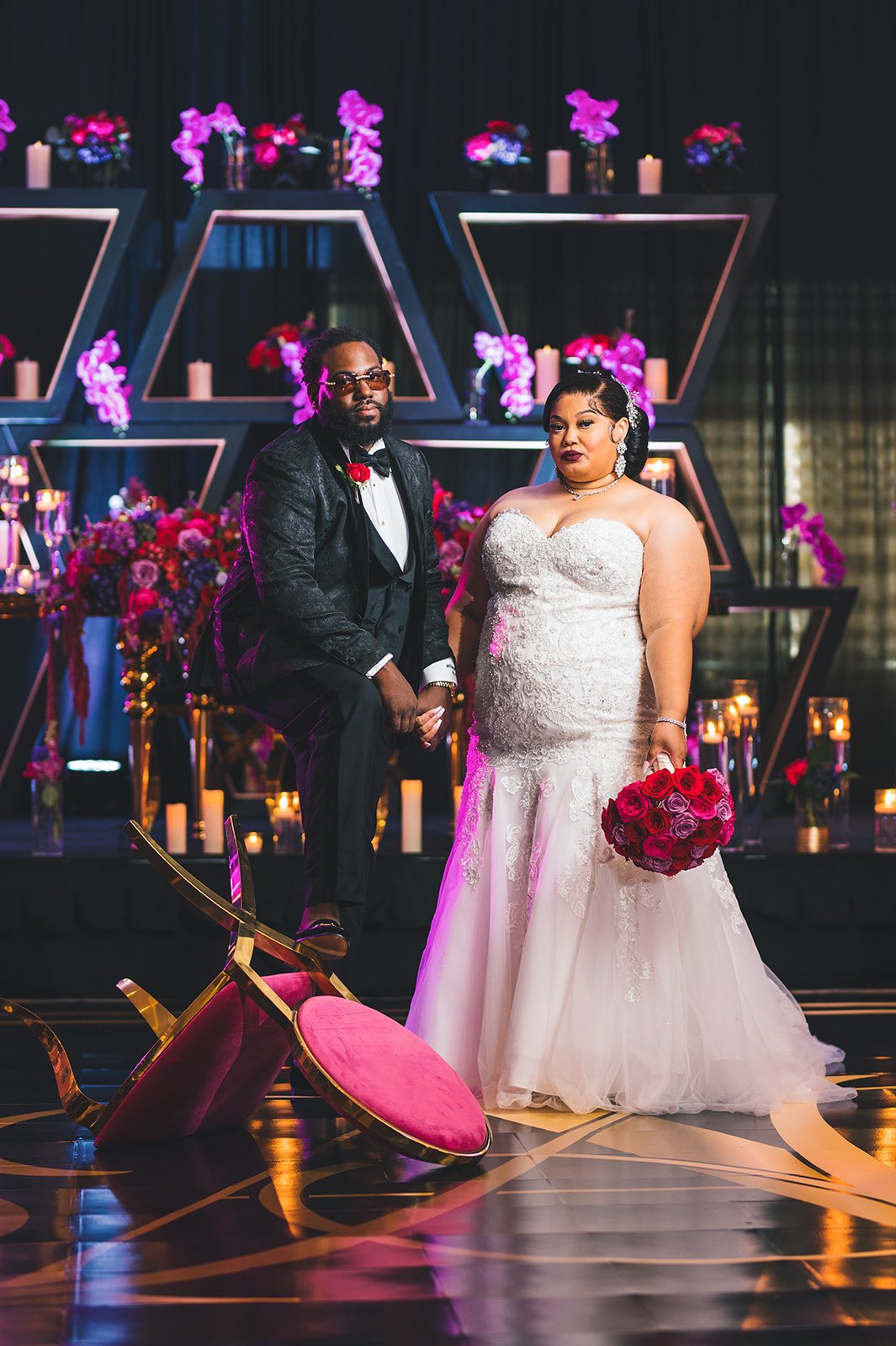8 Steps To Creating A Wedding Budget
Creating a budget for your wedding is an essential step in planning your big day. It helps you stay organized, manage your expenses, and ensure you don’t overspend.
Here are some tips to help you create a budget:
- Determine your priorities: Start by discussing with your partner and identifying the aspects of your wedding that are most important to both of you. It could be the venue, food, or photography. Knowing your priorities will help you allocate your budget accordingly.
- Set a total budget: Determine the maximum amount you’re willing to spend on your wedding. This will serve as your guideline throughout the planning process and help you make informed decisions about where to allocate your funds.
- Break it down: Divide your budget into different categories, such as venue, catering, attire, flowers, entertainment, and so on. Assign a specific percentage or dollar amount to each category based on your priorities.
- Do your research: Gather information about the average costs of different wedding elements in your area. This will give you a realistic idea of how much you can expect to spend on each aspect and help you make informed decisions when comparing vendors and services.
- Keep track of expenses: Create a spreadsheet or use budgeting apps to record all your expenses. Update it regularly to track how much you’ve spent and how
much you have left in each category. This will prevent overspending and allow you to make adjustments if necessary. - Allocate contingency funds: Weddings often come with unexpected expenses. Set aside a portion of your budget as a contingency fund to cover any unforeseen costs that may arise along the way. It’s better to be prepared than caught off guard.
- Prioritize cost-saving strategies: Explore different ways to save money without compromising on your vision. Consider DIY projects, opting for off-peak wedding dates, negotiating with vendors, or borrowing items from friends and family. Be creative and resourceful in finding ways to cut costs.
- Don’t forget hidden costs: Remember to account for additional expenses such as taxes, gratuities, marriage license fees, and alterations when budgeting. These small costs can add up and impact your overall budget if overlooked. By following these tips, you’ll be able to create a well-organized budget for your wedding. Remember, the key is to plan ahead, stay organized, and be mindful of your
priorities.
By following these tips, you’ll be able to create a well-organized budget for your wedding. Remember, the key is to plan ahead, stay organized, and be mindful of your priorities.

